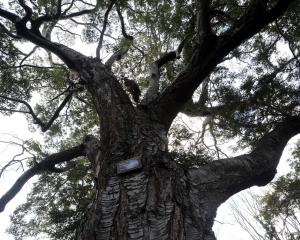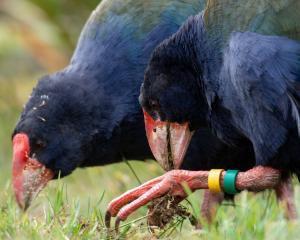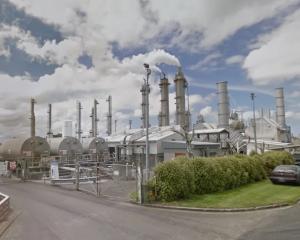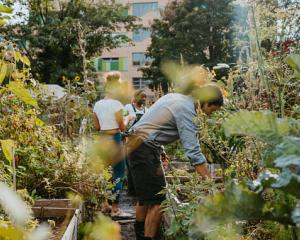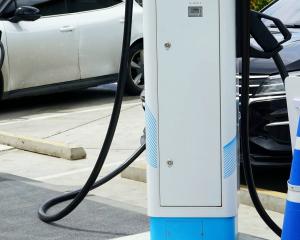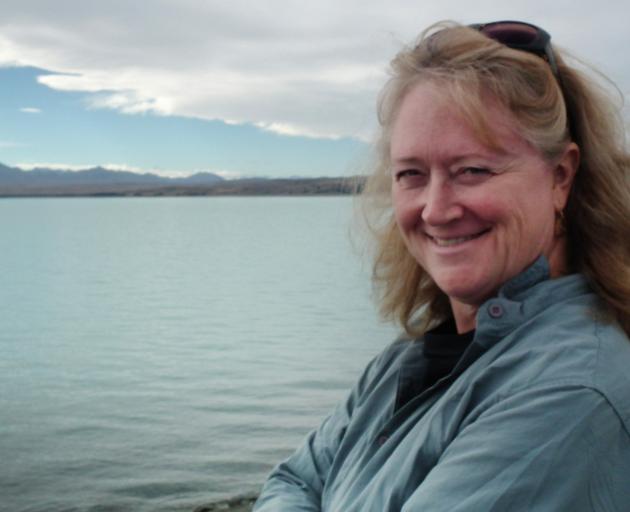
WHAT ARE YOU RESEARCHING AT THE MOMENT?
Time Travel. I have developed a time travel device that lets me and my students travel 100 years either into the past or into the future. There is only one past to go to, so it is not too challenging. However, because there are so many futures that are possible, we have to be very careful when travelling to 2119. There are some really awful futures that we do not want to go to. Our research involves the time travel control theory to select the future Christchurch where all of the right choices have been made by all of the people in the intervening years.
WHY DOES THAT INTEREST YOU?
It is really hard for people to think about the future. In fact, humans have evolved to be quite future-blind. Thus, if we wish to study the future, we have to develop the means to time travel. Of course, it is extremely interesting to visit 2119 and find out how things turned out. That gives us surprising insights into what is really important or possible for our work today.
WHAT ACTIONS MIGHT IT INDICATE?
Funny you should ask. It turns out that in the future that we select (the one with a stable climate, biodiversity, good quality of life), the economics and market systems have the constraints imposed by sustainability built into them. This is almost as hard to understand as the current Keynesian economic theory of perpetual growth, but we get the sense that sometime in the near future industrial society figures out how to operate constrained capitalism. We haven't been that surprised to find that none of the things we think of as today's saviour technologies are there. Of course a solar PV panel built today will be toxic waste in a landfill in 100 years, even though the carbon emitted to build it will still be hanging around. We have really enjoyed the clean air and quiet of Christchurch 2119. The city has redeveloped around slick electric trams, parks, manufacturing and production facilities and civic centres. And of course all of the homes are comfortable and healthy and the rivers are pretty clean.
WHY SHOULD WE CARE?
I don't think we really do care about people 100 years from now. It isn't in our Pakeha culture, nor in our economics models, to think about anything as either valuable or costly more than 15 years into the future. In our travels to 2119 so far, we have found that the people there are quite nice. They are proud of the major contribution that researchers in New Zealand made in discovering the field of transition engineering. It was this new field that started the change away from catastrophic climate change and environmental degradation. New Zealanders like to lead the world on things, so maybe that would be something to care about.
Susan Krumdieck is a professor of mechanical engineering at the University of Canterbury.
